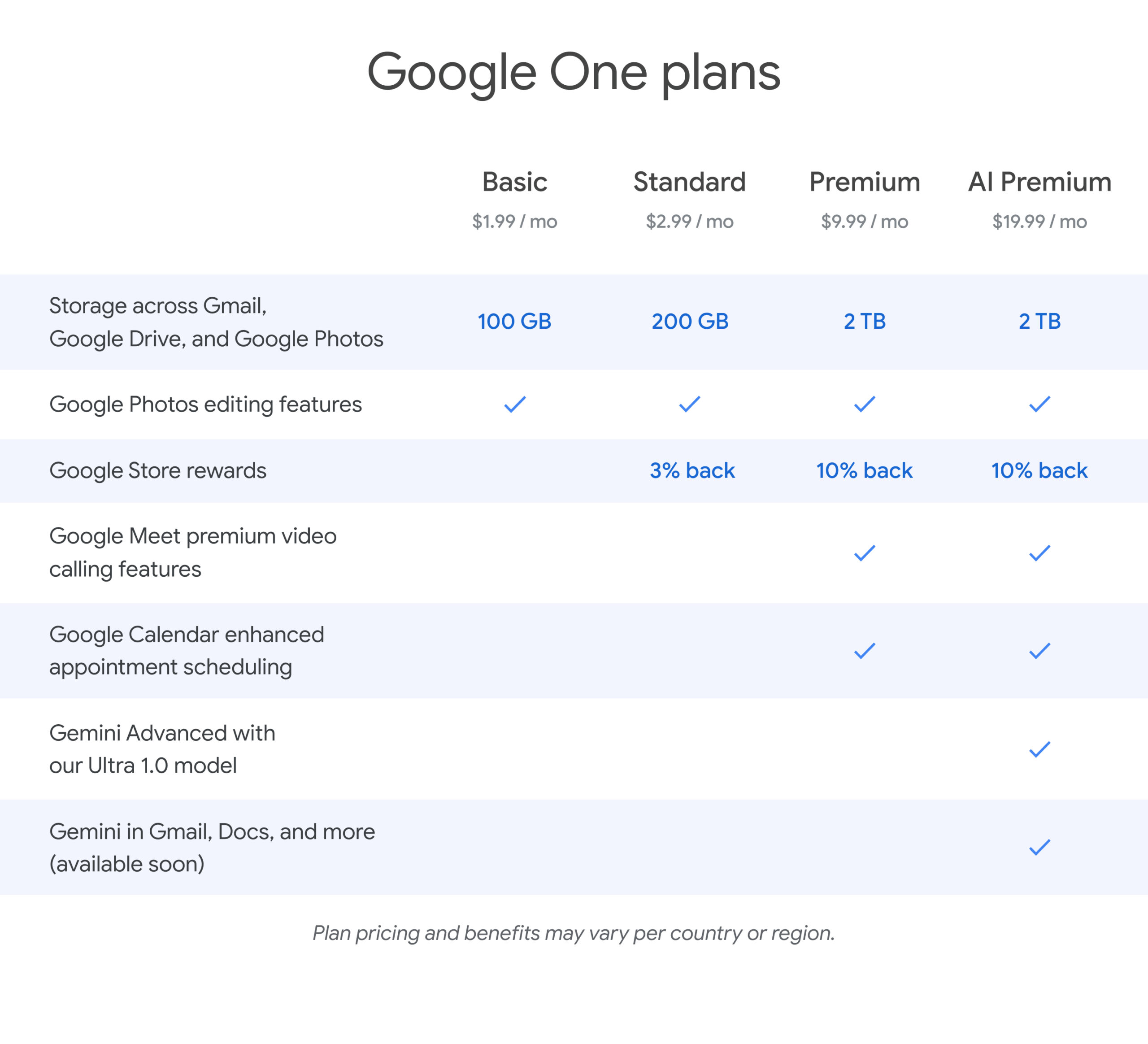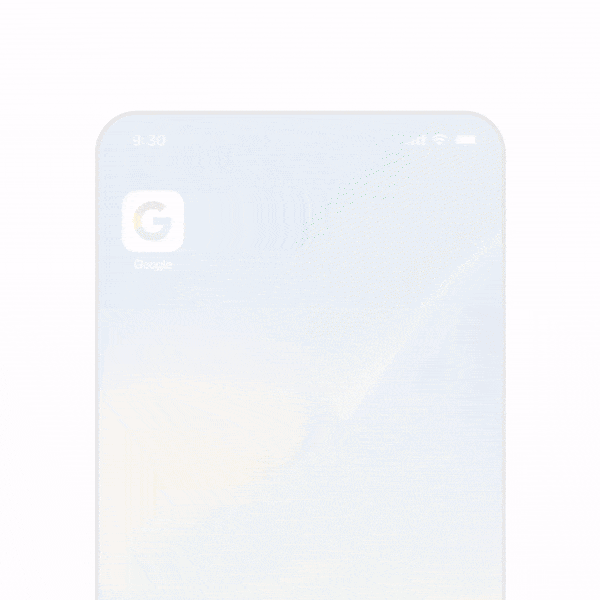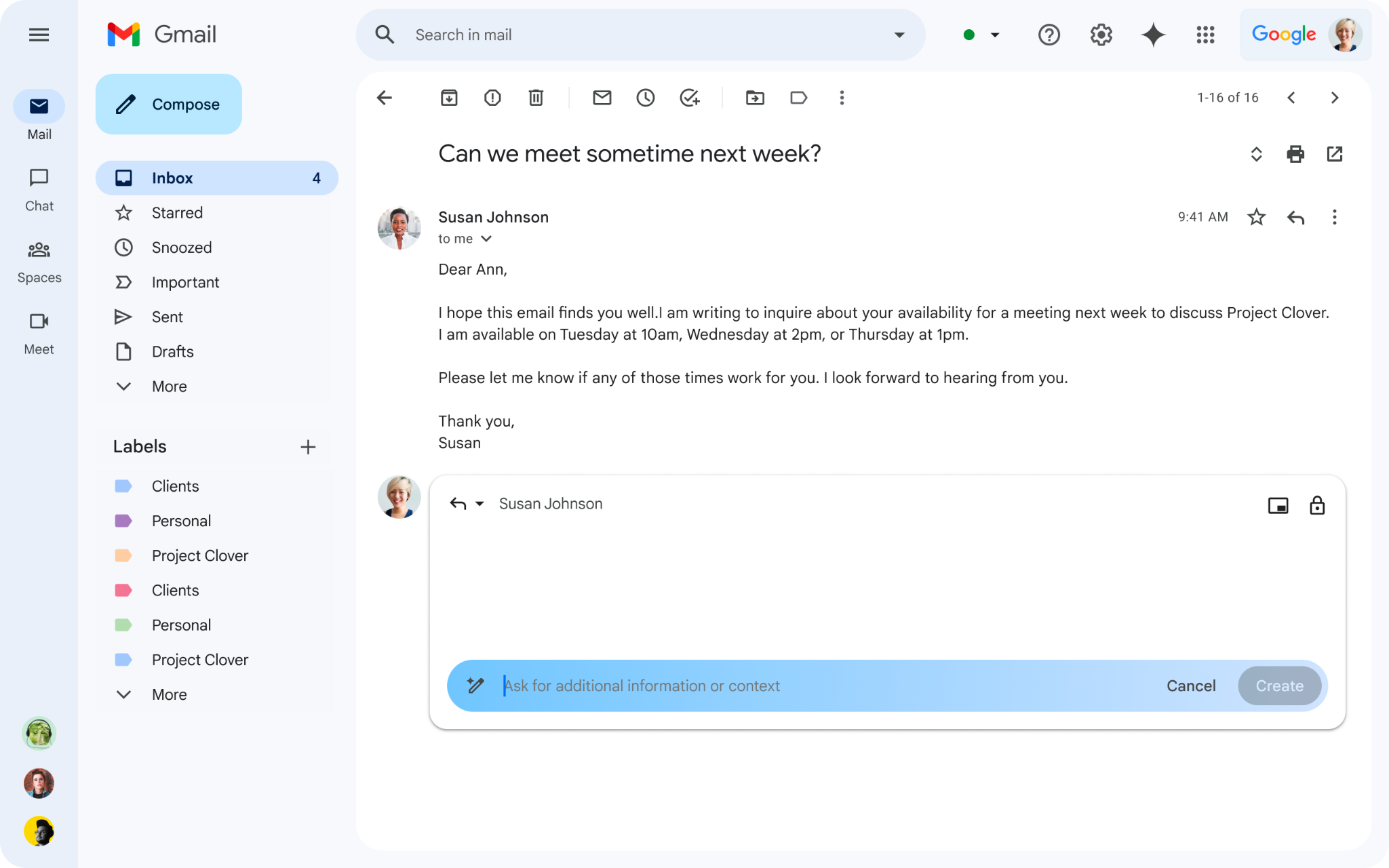
Canadians are finally going to get access to Google’s AI chatbot, though the company has now rebranded it from Bard to Gemini. Bard first launched nearly a year ago but hasn’t been available in Canada — Google confirmed in a briefing that the delay was related to Bill C-18 and the company wanting to get Québécois right.
Alongside the rebrand and Canadian expansion, Google announced several other Gemini-related updates, including a new subscription to get a better version of its chatbot, extensions to pull in Google app functionality, a Gemini smartphone app, and more. Much of what the company announced is available in Canada today or will be in the near future.
If you’re a bit confused, I don’t blame you — this whole process has been rather confusing. Bard was the name for Google’s AI chatbot, which competed with the likes of OpenAI’s ChatGPT and Microsoft’s Bing Chat. Gemini is the name of the multimodal large language model (MLLM) Google announced in December 2023, which the company has implemented in various products. Gemini exists in three sizes: Gemini Nano (capable of running on phones), Gemini Pro and the most powerful Gemini Ultra.
Back in December, Bard switched over to run on Gemini Pro, though it wasn’t available in Canada at the time. Google also promised it would launch a new ‘Bard Advanced’ chatbot running on Gemini Ultra in 2024. Well, that’s arriving today under the rebranded monicker ‘Gemini Advanced,’ not to be confused with the various other names of Gemini out there. Gemini Advanced will be available through a new $26.99/month Google One subscription tier dubbed ‘AI Premium.’ Along with access to Gemini Advanced, the AI Premium plan includes other benefits, like 2TB of cloud storage, access to Gemini Advanced in apps like Gmail and Docs and more. Google will offer a two-month free trial of the new plan.
Moreover, Duet AI in Google Workspace and Cloud will also get rebranded to Gemini.
Feds addressing ‘core issues’ in C-18 cleared path for Gemini

GIF credit: Google
Bard Gemini will finally be available to Canadians and will work in both English and Québécois. It will be available on the web starting February 8th. Google is also launching a Gemini app experience for Android in the U.S. with plans to expand to other regions, like Canada, “soon.” iPhone users will be able to access Gemini from the Google app in the future.
During a briefing about the Gemini launch, Google indicated there were two reasons it took so long to bring Gemini to Canada: language and Bill C-18. “We also make sure that our features work well in a particular language or country and that requires fine-tuning data,” said Jules Walter, a group product manager for Gemini experiences at Google.
Bill C-18, or Canada’s Online News Act, attempted to force companies like Google or Meta to compensate Canadian publications when sharing their work on their respective platforms. The bill was met with significant resistance from both companies, though Google and Ottawa eventually reached a deal (Meta, however, has removed news content from its platforms in Canada).
“In the context of C-18 specifically, the government of Canada has committed to addressing core issues with that legislation. That has enabled us and cleared the path for launching Gemini in Canada,” Walter said.
New features in Gemini
Google also highlighted other features coming with Gemini in Canada. For example, Bard’s extension feature will be available through Gemini in Canada. According to Google, Extensions allow Gemini to hook into other Google services to pull relevant information. In a demo Google showed, a query about planning a family trip saw Gemini leverage information from Google Flights to suggest possible travel times. It also pulled YouTube videos highlighting various kid-friendly attractions at the destination. Google said Gemini could pull from Docs, Gmail, Drive, YouTube, Maps, Hotels and Flights.
Extensions will be available in English and Québécois.
Google also announced that Gemini would get image generation capabilities in English to start and other languages “soon.” In a demo, Gemini generated four images of poutine in the now-familiar grid of four images popularized by other image-generation tools. In the demo, the images looked about on par with what you’d get from OpenAI’s Dall-e 3, though it’ll be interesting to see how Google’s image generator stacks up in real-world tests. Gemini’s image generation is powered by Google’s Imagen 2 model.
Additionally, Google briefly discussed Gemini’s ‘Double-check’ feature for verifying whether the model’s responses are accurate. Double-check, for those not familiar with it, uses Google’s search engine to cross-reference chatbot responses and highlight parts that it found similar information to or parts that couldn’t verify or had different information.
While a good addition in theory, I have some concerns about Double-check’s veracity. For one, it isn’t enabled by default — users have to click the ‘G’ icon at the bottom of a response to trigger Double-check. That step alone could cause problems if people don’t go out of their way to use it.
When I asked about this, Walter said Google was looking for feedback from users about “how to optimize the product” and said the company was “open to using [Double-check] in whatever ways that make sense,” but didn’t address why Double-check was always-on.
Digging into Double-check more brings up further concerns. A Google help document for Double-check notes that it doesn’t work for responses generated with Extensions, and it skips some content, like code or markdown tables. Additionally, Double-check uses Google search to find “content that’s likely similar to the statement,” and it will link to that content, though Google warns that might not be what Bard/Gemini used to generate its response. This lack of clarity could make it harder to verify the accuracy of Gemini’s responses or investigate where Gemini sources information from.
MobileSyrup may earn a commission from purchases made via our links, which helps fund the journalism we provide free on our website. These links do not influence our editorial content. Support us here.





